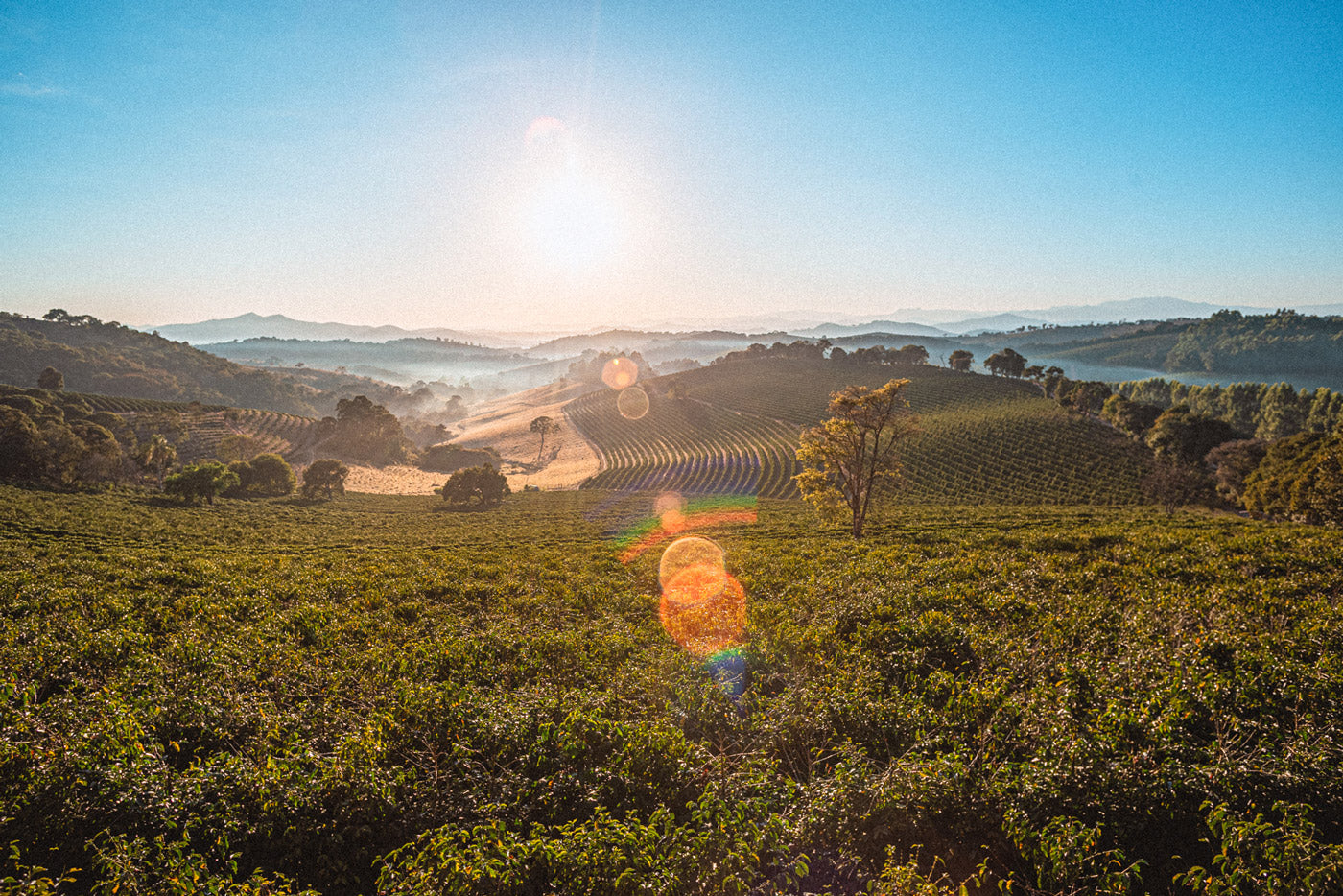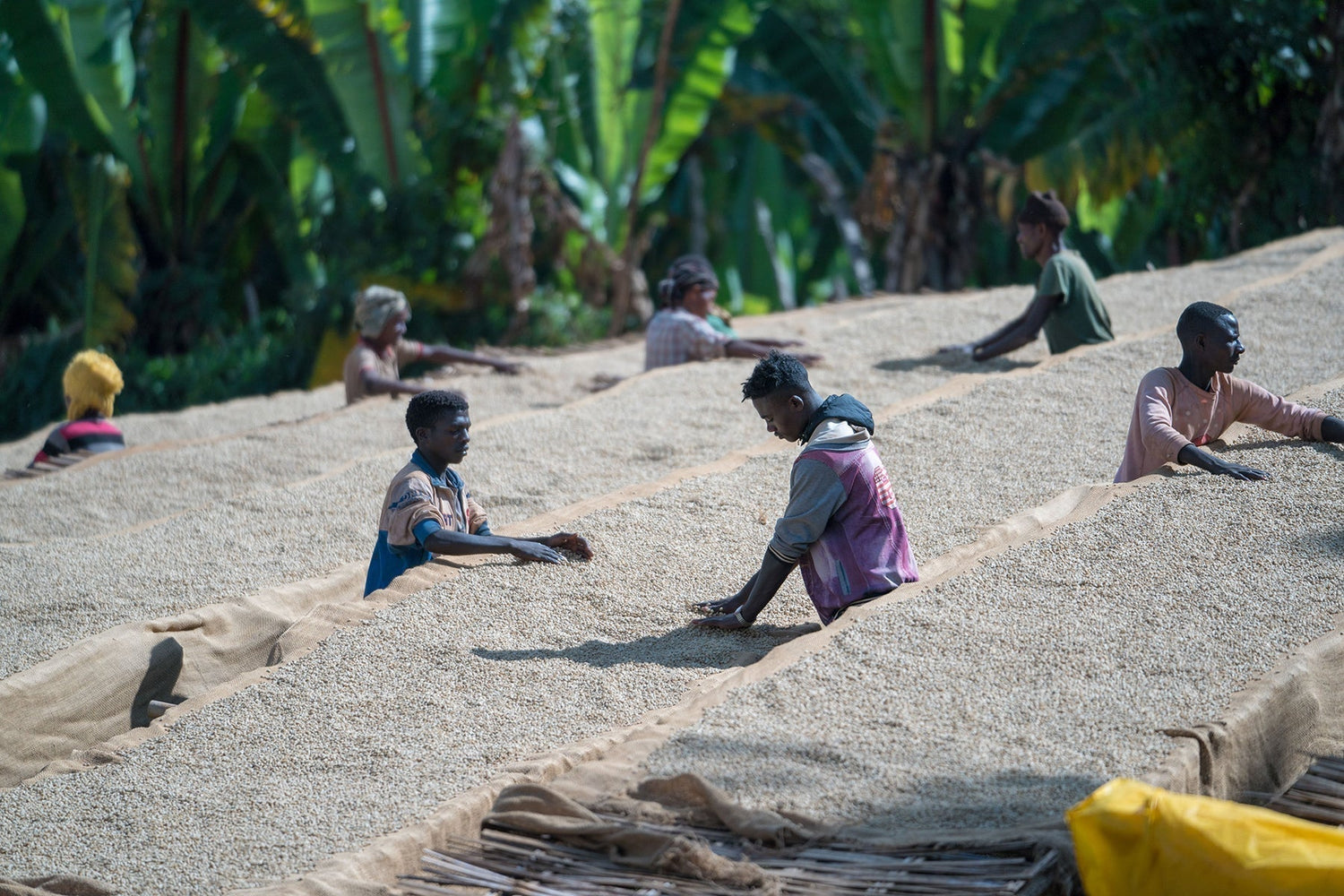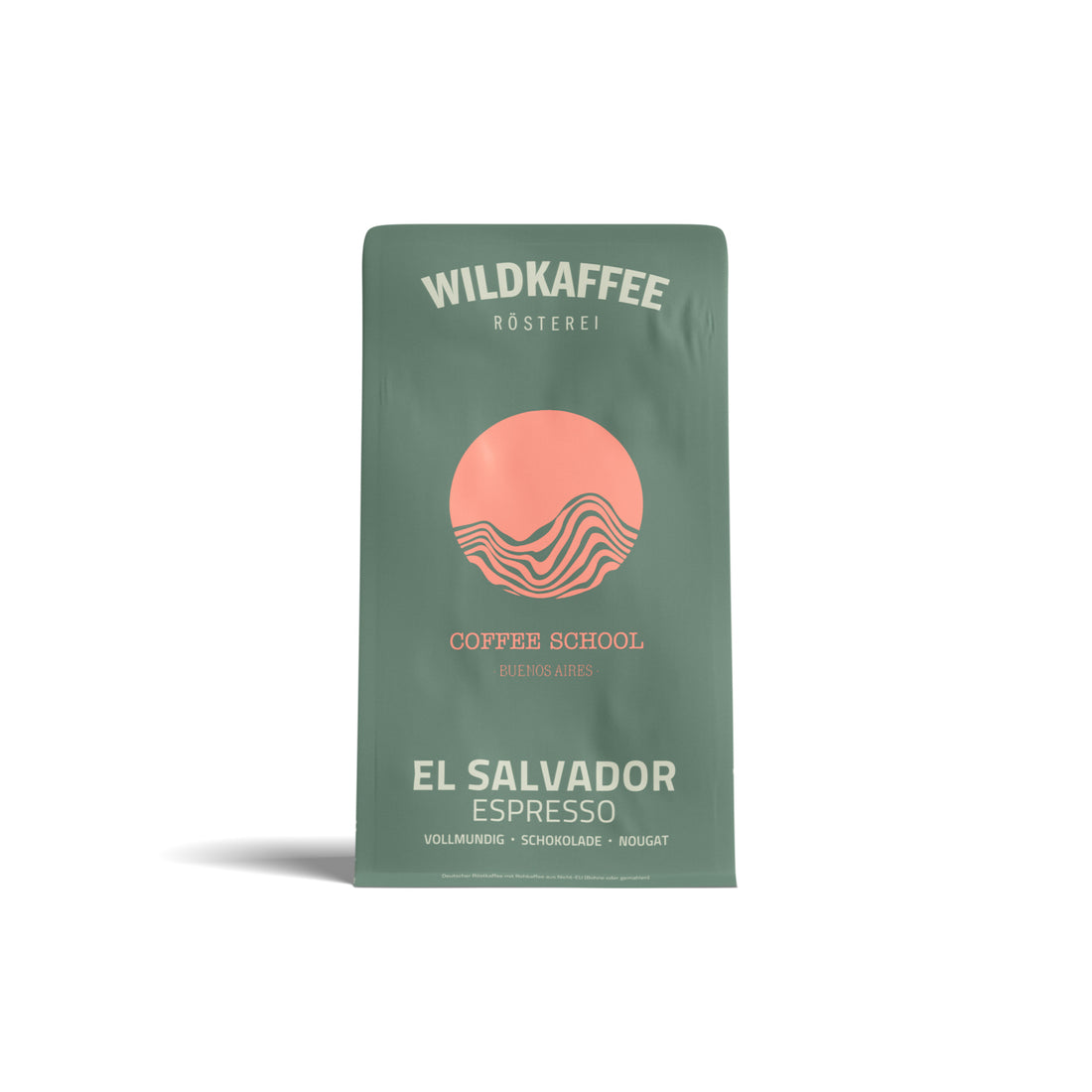We already touched on the topic of organic farming in the last article in our blog. This topic will not only be with us this coffee year . The farming of the future is clearly based on these principles, i.e. organic coffee cultivation . If you have already looked into the cultivation of coffee, or even organic farming, you should know that global warming also has an immense impact on coffee cultivation .
Therefore, now is the right time to change something about cultivation. The trend towards organic farming offers the opportunity to make farming and coffee of the future significantly higher quality . But what exactly is it and what will be taken into account in farming in the future? Is 100% organic even possible? What are the advantages and disadvantages of this cultivation method? We want to answer all of these questions in detail in this article. Elias Fischbacher from the Wildkaffee Rösterei wishes you lots of fun discovering.

Organic Farming – What exactly is it?
Let's start with the definition of the term. Organic farming is also known in expert circles as the farming of the future. In principle, organic farming is the further development of organic coffee cultivation . During cultivation, care is taken not to pollute the surrounding nature, the soil and its unique nutrients. This is done by using 100% natural fertilizers and pesticides , as well as sustainable processing at the processing stations. But that's not enough! The waste that arises during coffee cultivation is also reused and processed into fertilizer and microorganisms .
The microorganisms are then also used in the further process of coffee processing in order to achieve unique flavors through processing. But more on that in next week's article! This way, all resources are reused and virtually no waste is produced, or the waste is also used for other purposes. This saves raw materials and protects nature and the climate. And that is exactly what organic farming is all about and will become THE farming of the future, especially in the coming years!
What do we need to pay attention to?
The optimal light/shade conditions as well as the correct temperature and cultivation height are particularly important in organic farming. Only when these factors work together perfectly can organic cultivation be carried out in a targeted and optimal manner so that high-quality, ecological coffee plants can thrive. Light and shade can be distributed by regularly pruning the surrounding trees; cultivation height and temperature must logically be determined beforehand and serve as basic parameters for the ongoing care of the bushes.
The plantations are often divided into different areas, depending on the variety. Each variety has special characteristics, and the growing conditions must always be adapted to them. In order to create a high-quality and flavorful cup profile , the quality must be optimized in all areas according to the standards of organic farming. Cultivation, collection, controlled processing, correct sorting and quality control are just a few of the factors that this method includes.

Advantages and disadvantages of organic farming
Advantages
Like every innovation, organic farming has its advantages and disadvantages, but it must be said quite clearly that the advantages outweigh the disadvantages! Especially for nature and the climate. Raw materials and waste are reused , creating a circular economy that protects the flora and fauna around the plantation. Consequently, the soil remains untouched and offers excellent conditions for growing unique coffees. The diverse steps of organic cultivation ensure that the coffee is of high quality and creates a unique cup profile. New techniques using our own microorganisms are also continuing the trend in the processing station. For nature and taste, organic cultivation is the ultimate !
Disadvantages
Organic farming is, of course, a little more time-consuming than traditional coffee cultivation. Plants grow a little slower, yields are a little lower and the constant quality controls require one thing - time. And it is precisely this time that is reflected in the price. But quality has its price and if we want to continue to enjoy exquisite coffee in the future, then organic cultivation is the farming of the future!
Is 100% organic farming possible?
Is 100% organic farming even possible? A legitimate question when you consider that green coffee is shipped from all over the world to Europe and other countries. If you refer to the focus on farming in organic coffee cultivation , you can definitely say that 100 percent organic cultivation is possible. The valuable materials that are used during cultivation can be reused at the various stages that the coffee cherry goes through. The organic fertilizers are made from the remains of the cherries and do not require any chemicals or pesticides.
This means that the soil is not contaminated with pollutants and retains its basic nutrients for years. The processing with the microorganisms mentioned above also works according to biological standards. This means that the steps for 100% organic cultivation are absolutely possible. If you go a step further, i.e. to export, sustainability becomes a little more difficult. The green coffee is usually shipped out into the world and therefore consumes most of the pollutants on the way. It is not yet possible to make this step to 100% organic. All in all, coffee can be processed 100% according to the same principles both on the farms and in the roasteries. Only export is currently a factor that is causing the environmental balance to skyrocket. We will see how this develops over time.

What about the certificates?
An organic seal is particularly important to many people when buying their coffee. We have already looked at the seals in more detail in the organic coffee article . An organic seal costs the farmer a considerable amount of money... a sum that smaller farmers simply cannot afford in the long term, although many small farms already work according to organic farming principles. We also work without any seals, for example in our Coffee School Project.
That would only cause additional costs for the farmers, which they simply cannot bear in the long term. In addition, our quality standards, or the standards of organic farming, are higher than those of conventional organic seals. Therefore, it is not always necessary to rely on seals. A little more in-depth research will give you a closer look behind the history of each individual type of coffee.
Organic farming in one paragraph!
Organic farming is definitely the farming of the future. This form of farming is simply the only sensible method to counteract global warming. In organic farming, all waste products that arise during cultivation are reused. This creates a circular economy that protects the surrounding nature and the unique soils equally. The quality of the coffee also benefits from this.
The result is a high-quality cup profile, which is refined in detail during processing using specially created microorganisms . There is no seal for organic farming. It is done out of conviction for the product coffee and is intended to be a further development of current organic coffees. However, the coffee will not be 100% organic for the time being , because exporting by ship still does not promote the ecological balance. Organic farming is, however, another step towards even more sustainable coffee and will be expanded further in the coming years. We will keep you up to date! #staywild !



